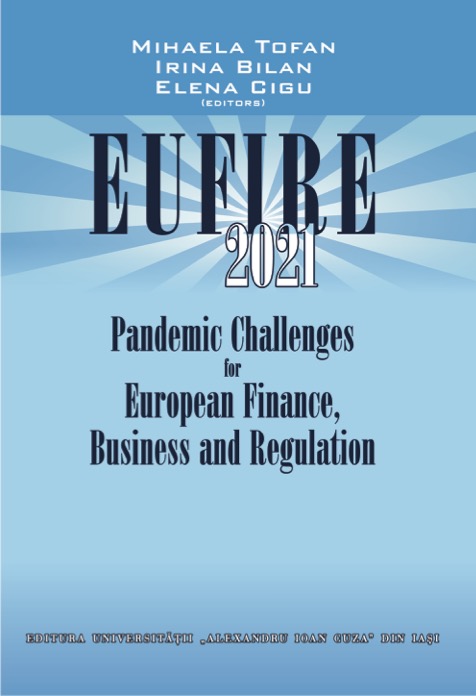THE CORPORATE DIPLOMACY INSTRUMENTS FOR AN IT LEADER. A GENERAL ASESSMENT
THE CORPORATE DIPLOMACY INSTRUMENTS FOR AN IT LEADER. A GENERAL ASESSMENT
Author(s): Ioana Gutu
Subject(s): Economy
Published by: Editura Universităţii »Alexandru Ioan Cuza« din Iaşi
Keywords: leadership; diplomacy; innovation;
Summary/Abstract: When taking into consideration the IT industry, everyone is a leader, its own leaders, leaning towards the best result of his mind, the ultimate innovation. The post-modern national environment becomes the host of the new fragments of the traditional state-to- state diplomacy, where the converted new actors are not only government and ministries, but also non-state entities that uphold the supraterritorial relations, and so conducting the new international economic play scene. IT industry is one of the new market players that govern the world business reality, and when faced with globalization and international standards, it favors a set of new diplomatic rules that are being undertaken by leaders within large conglomerates, by setting new rules and changing traditional diplomatic behaviors. Inside the IT companies, the face of economic diplomats is widely known and recognized under the shape of leaders, mainly transformational leaders that have the ultimate task of favoring innovation among followers by setting and conducting tradition. Corporate diplomacy therefore is being undertaken piece by piece by every leader inside each IT company, as part of a greater plan, of surviving international threats and create precedent among products and services. The paperwork is set for developing a study that reveals the leadership and innovation attitudes and behaviors within the software development companies in Iasi, Romania; the research instrument is a 44 questions questionnaire that analyses the internal workplace innovation atmosphere that might be a result of the transformational leadership specific methods. Research reveals the fact that the software development as part of the IT industry from Iasi shows a general homogeneous distribution when considering age, gender, management position and education, in both areas, innovation and leadership, sustaining the hypothesis where corporate diplomacy favors international homogeneity among specific industries across the world.
- Page Range: 427-436
- Page Count: 10
- Publication Year: 2021
- Language: English
- Content File-PDF

